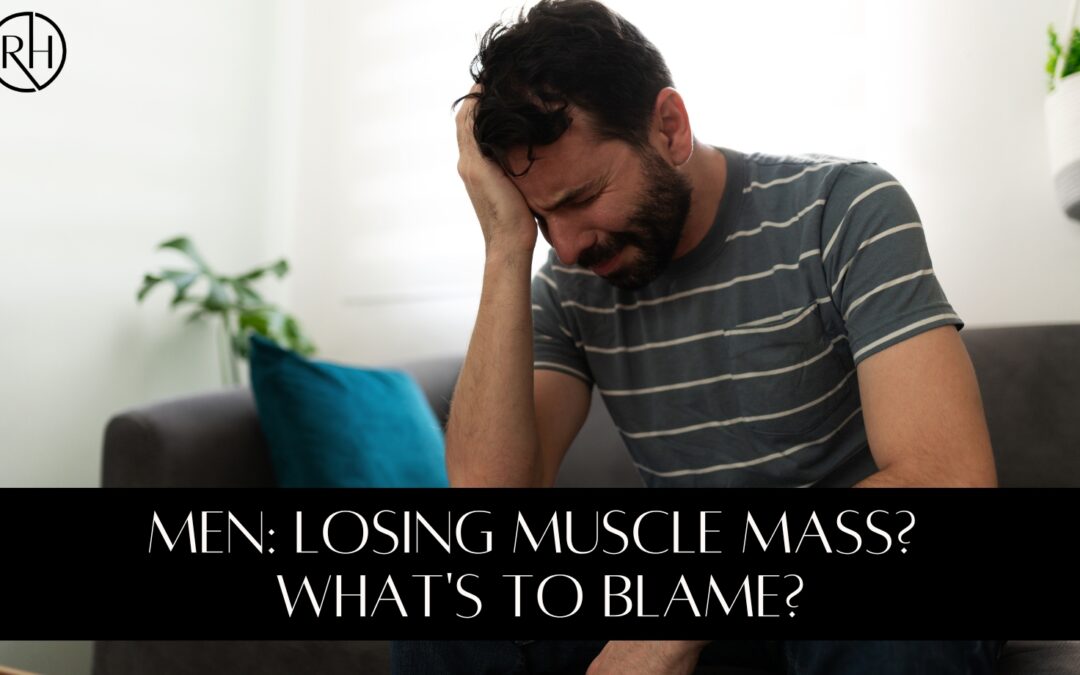If you’re experiencing muscle loss, you don’t necessarily have to accept it as an inevitable and irreversible event. But to address it, it is essential to understand the possible causes and learn about the available treatments. Here are some of the most common factors that contribute to muscle loss in men, as well as steps you can take to help maintain your muscle mass and overall health.
Age-Related Hormonal Changes
Aging is often one of the most significant contributors to many physical ailments. It is not just the years you have lived; it is the cumulative wear and tear you have put on your body, which can affect all your body’s vital systems.
As you age, your body undergoes hormonal changes. One of the most significant changes is a decline in testosterone production. Testosterone is a hormone that helps to build and maintain muscle mass, so a decrease in testosterone can lead to muscle loss. Research suggests that testosterone levels begin declining by age 30. By age 70, the average man’s testosterone levels may be only half of what they were in his youth. Low testosterone levels can lead to a condition known as sarcopenia, which is the age-related loss of muscle mass, strength, and function.
Other Factors that Contribute to Muscle Loss
Age-related hormonal changes are not the only factor contributing to muscle loss in men. Indeed, because no one can escape the effects of aging, it is always one contributing factor. Still, other factors can contribute to muscle loss. These include:
- Hypogonadism: a condition in which the body does not produce enough testosterone. With this condition, however, you will generally notice symptoms besides loss of muscle mass, such as erectile dysfunction, loss of body hair, depression, and decreased libido.
- Chronic stress: stress can cause the body to produce higher levels of the hormone cortisol. Unlike testosterone, which increases the protein synthesis rate, cortisol causes protein breakdown. This can lead to muscle atrophy (loss of muscle tissue).
- Poor diet and nutrition: a diet low in protein and other essential nutrients can contribute to muscle loss because it deprives your body of the building blocks for muscles and the nutrients necessary to build muscle.
- Sedentary lifestyle: lack of physical activity and exercise can cause muscle atrophy.
- Certain medications, such as corticosteroids, can cause muscle loss as a side effect.
- Chronic illness: certain chronic illnesses, such as cancer, HIV/AIDS, and kidney disease, can cause muscle wasting.
REVV Health Can Help You Regain and Retain Your Muscle Mass
Muscle loss can be a concerning issue, particularly as you age. So how can you address age-related hormonal changes and other factors leading to muscle mass loss?
If your loss of muscle mass is due to a medical condition, it is critical to have that addressed by your physician. But what if it is not a medical problem? Here are some critical steps you can take on your own to improve your condition:
- Stay physically active: regular exercise can help to build and maintain muscle mass. Strength training exercises, such as lifting weights, are particularly effective for boosting your body’s testosterone production and building muscle.
- Eat a balanced diet with adequate protein, fats, and carbohydrates. Protein, especially, is critical for building and repairing muscle tissue.
- Avoid chronic stress: find ways to manage stress, such as meditation. If you know what is contributing to your stress, make a change.
- Consider hormone replacement therapy to optimize the hormones you may be deficient in.
At REVV Health, we believe in taking a holistic view of health. One aspect of health often overlooked is how much our hormones affect our overall health. Modern lifestyles, diets, habits, and the environment can all conspire to get our bodies “out of whack” when it comes to hormonal balance.
At REVV Health, we focus on helping our clients maintain optimum hormonal balance by replacing these hormones based on comprehensive lab values and patient symptoms. Along with adopting a more healthful lifestyle, our clients have found that keeping close tabs on hormonal health can make a critical difference in how they look and feel. If you are experiencing loss of muscle mass, contact REVV Health today to find out how we can help you regain your youthful vigor and promote your long-term health.


